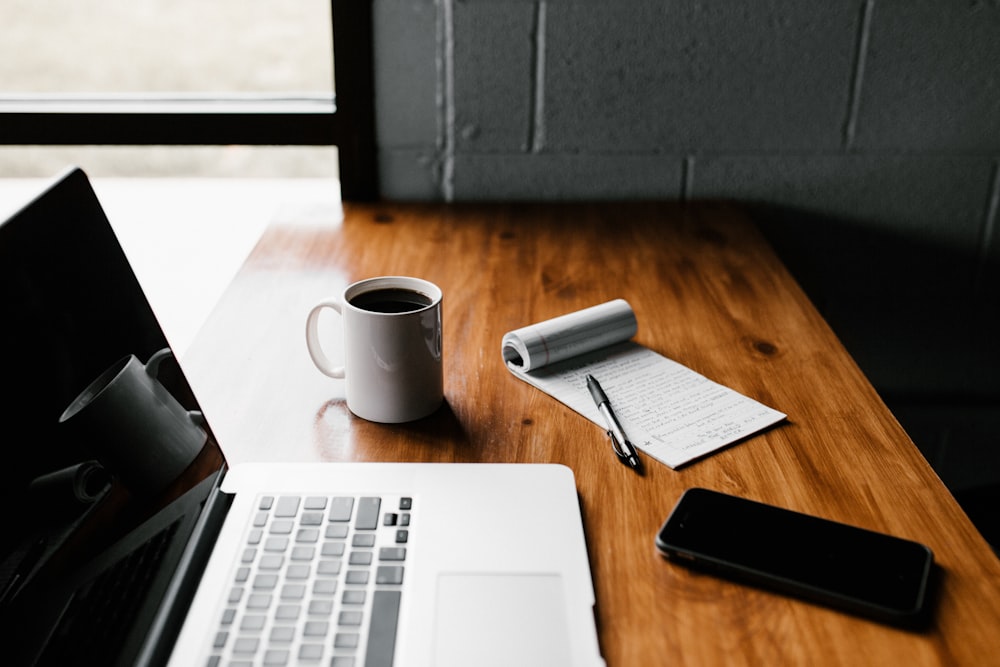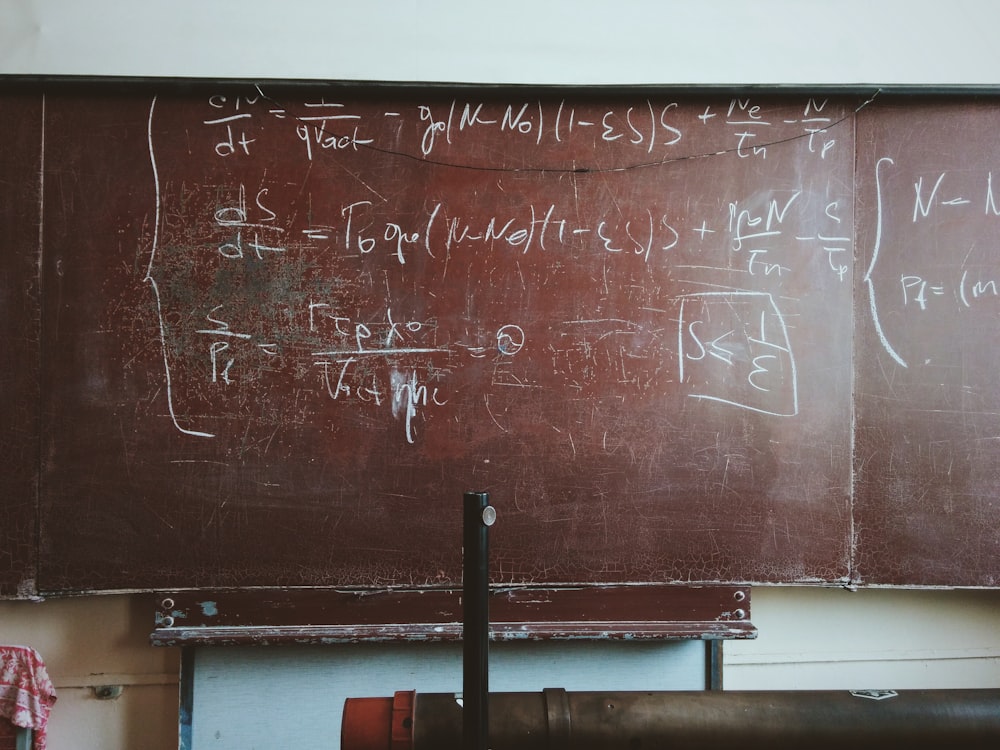How to REALLY Study for a Test
Does this sound familiar?
You decide that this test is going to be different, and you’re going to get a good grade this time. You went to class, printed the slides out, did some reading, and you even bought a couple of energy drinks! Then, when you actually sit down to take the test, it still doesn’t go so well. Over my time as a student, I’ve taken a lot of tests and quizzes… ones I didn’t study for, and ones I did. Fortunately for you, I’ve come to the conclusion that it’s not the amount of time you put into studying that really matters, it’s the way you study. Here are five key things that I personally put into practice when I’m studying for an exam. I can guarantee you that they will boost your grade if you implement them for yourself!
Tip #1: Plan it Out
Tip #2: Set the Mood
The second thing I do is set the mood. This is probably the most important one on the list. It is super easy for me to get distracted on my phone when I’m supposed to studying! A lot of times, when we’re studying, it's tempting to look down at Instagram for “a little bit”. Then, before you know it, 30 minutes have gone by. Well, what I’ve found that really works is to put your phone in another room or in your dresser or closet. Sure, I could get up and get it, but it’s a lot less convenient and isn’t as likely to distract me. Another tip here, would be to go to the library or a coffee shop to study. Many people find that the ambiance of these locations aids in putting them into a state of intense focus and helps to mitigate the ever-present distractions that we face.Tip #3: Force Focus
This brings me onto my third tip, which is to force focus. Sometimes, just focusing on what you’re studying, whether it’s history or chemistry, is really hard. That’s when you have to make yourself focus. I like to find either white noise, nature sounds, or classical music, and play that (quietly) while I’m working. Once I do this enough, my brain starts to associate those sounds with studying and concentration. What this essentially does, is make it easier for me to get into that powerful state of consistent workflow. This is where that energy drink comes into play! There is research showing that caffeine can increase focus and concentration, and for me, personally, I find that a cup of coffee really helps me focus.
Tip #4: Phased Repetition
Tip number four is to use phased repetition. This is a really helpful tip, if you’re studying for a class like anatomy or biology... or really, anything that requires a lot of memorization. However, it can also be helpful for a math or chemistry class, as these classes often involve consistent problem solving. The first time you sit down to study, create a set of flash cards, either on paper, or on a flashcard app like Quizlet, and go through them all about 20-30 times. Then, any that you know by the end of that study session, you set aside and don’t worry about. The next time you study, only study the ones that you didn’t know before, and again, set aside the ones you know. Depending on how much time you have, you could continue this process for up to a week. By the end of the week, go through all of the flashcards again. You may find that you don’t remember some of the ones you set aside. This is a good thing though! It means that you didn’t really “know” them. These are the concepts that you would have forgotten when you sat down to take the test and your brain was under stress. However, the very act of making yourself re-memorize them will actually make you remember it better. See, your brain didn’t really forget them, it just didn’t recognize them as being important enough to solidify yet. By making your brain work to retrieve that information, you actually remember it better. This is a technique similar to one that musicians utilize when learning a new piece. Through the process of breaking the learning into smaller parts, you actually memorize the information much more effectively.
Tip #5: Write it Out
Finally, my last tip, which I absolutely love and swear is the only reason I did well in organic chemistry, is to write it out. I know it’s easier to go through the slides or skim through the textbook, but research shows that by writing down concepts that we’re trying to memorize, we can remember them a lot more effectively. I have two ways that I like to do this. The first, is to draw or write the main concepts of everything you need to know out on paper a week before the test. Try to condense it as much as you can, and only write down the most important ideas. Then, about three days before the exam, either get some fresh paper, or, if you have access to one, a chalkboard or a dry-erase board and draw it all out again. This time, if you have homework problems or specific examples from class, write those down too. Try not to look at your notes, and see how much you remember. Finally, the night before an exam, I like to do a "brain dump", and draw out a flow chart of everything I know. This would also be a great time to have a study session with friends who are in the same class! While this isn’t 100% necessary, I think it really helps to consolidate all the things you’ve studied, and give you confidence that you are going to absolutely crush this test!
I hope you found these tips as useful as I have, and that they can give you some new ideas to incorporate into your study habits. I can promise you that if you put the time in, and you actually commit to studying hard and following these tips, you will definitely increase your grade on your next test!




